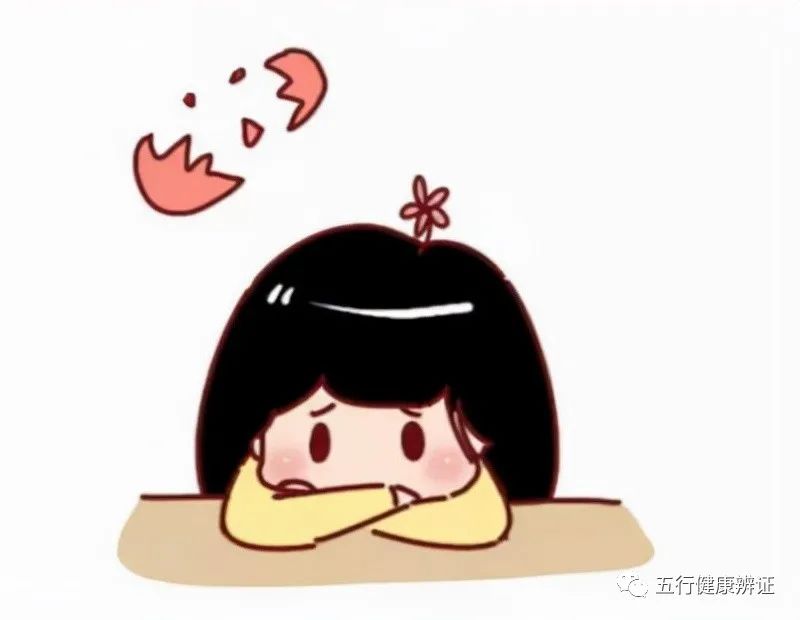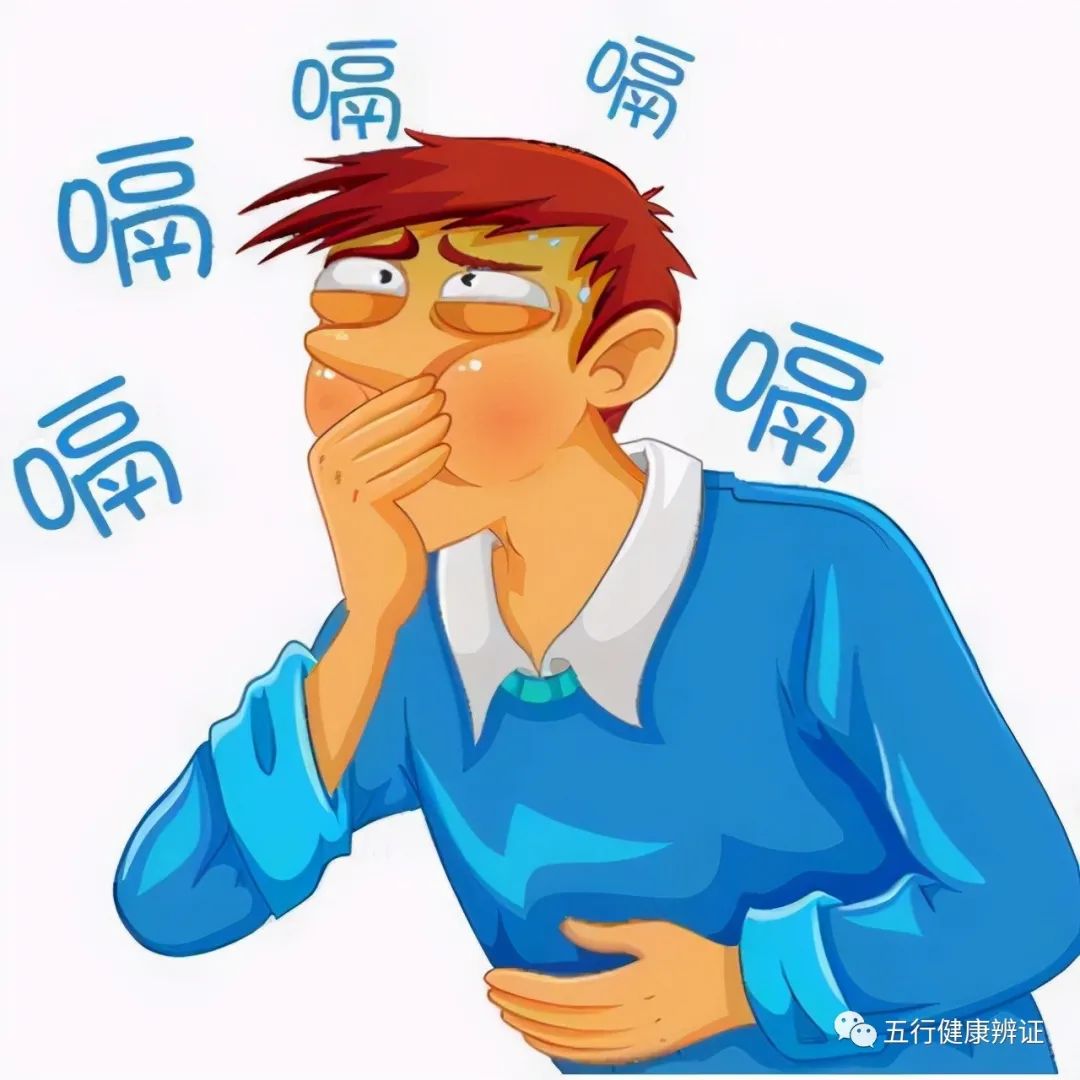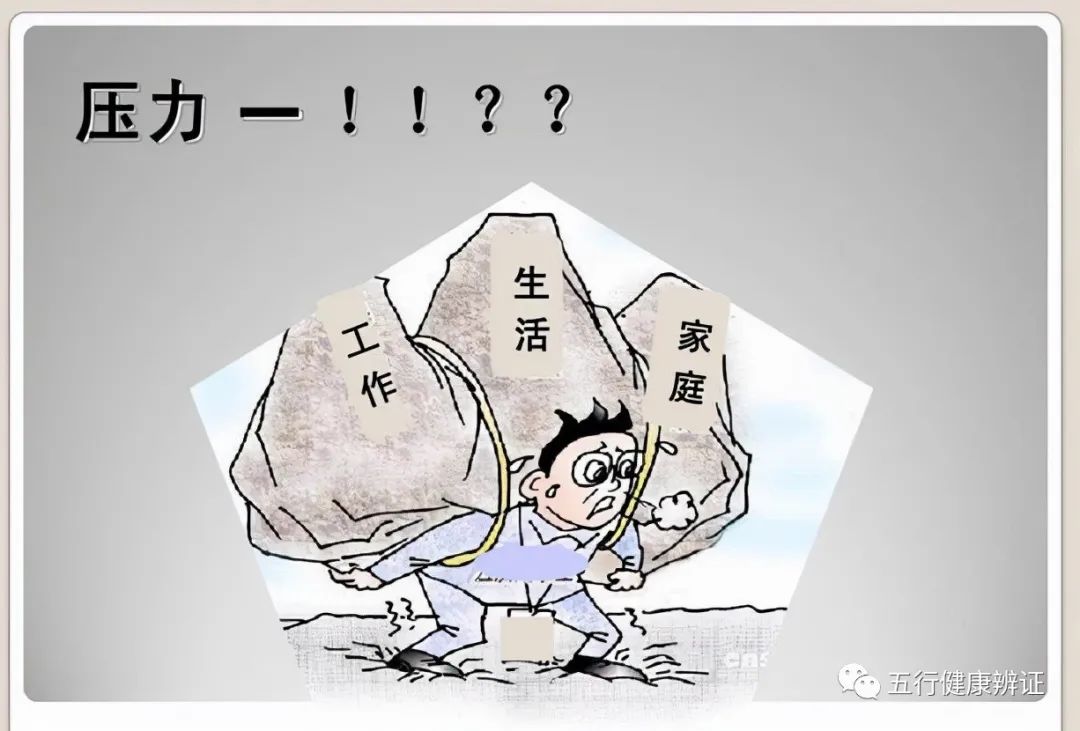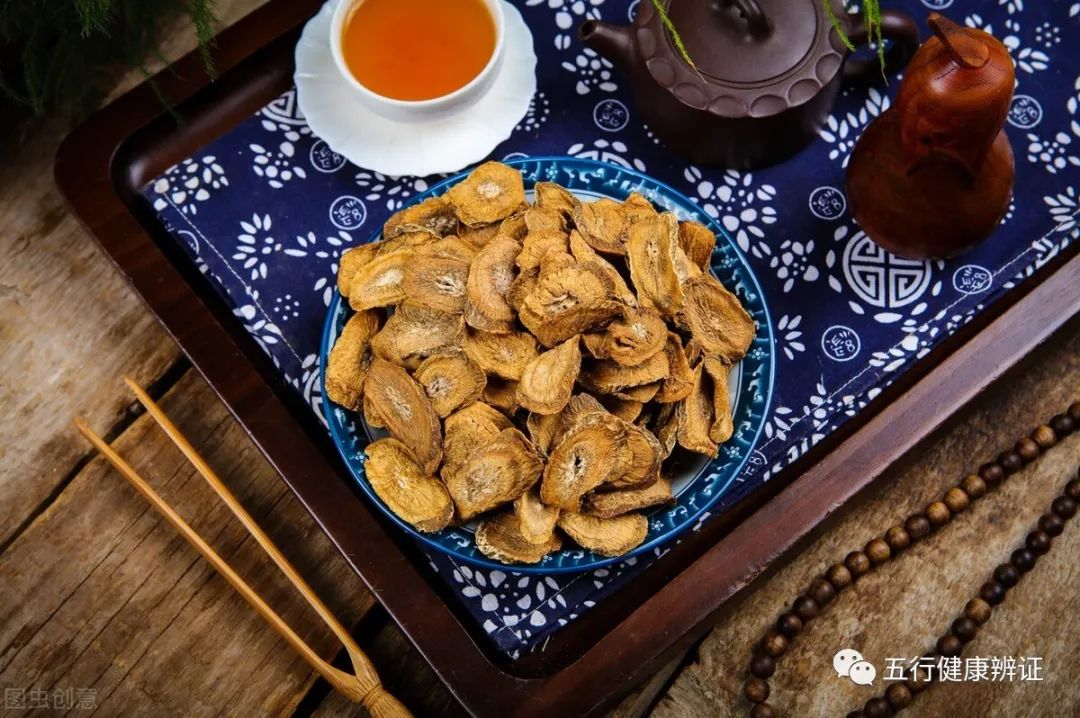In traditional medicine, there are many descriptions related to “Qi”. For example, we often mention “Qi deficiency”, “Qi sinking”, and “Qi stagnation”.
Here, we will discuss a common issue that both young and elderly populations may frequently encounter: “Qi stagnation”.

What is Qi Stagnation?
In traditional medicine, “Qi” is viewed as a form of life energy. The reason we can carry out various life activities normally is due to this energy continuously circulating. Therefore, when the flow and movement of this energy become stagnant, it is simply referred to as Qi stagnation. At this point, the body may exhibit symptoms such as pain, chest discomfort, fullness under the ribs, frequent abdominal discomfort, and back pain.

However, if you undergo a medical examination at this time, you will find that all indicators are normal. In fact, the aforementioned symptoms are manifestations of Qi stagnation syndrome.
What Symptoms Occur After Qi Stagnation?
To simplify, we can summarize it in three words: stagnation, pain, and fullness.
First, there is “stagnation”:
Here, stagnation refers to emotional distress. For instance, one may feel inexplicably unhappy, always thinking negatively about everything. When viewing any situation, it is often accompanied by negative emotions such as pessimism, dislike, and indifference.

However, these feelings exist due to Qi stagnation in the liver. The liver governs emotions, and if liver Qi is stagnant, it directly leads to emotional unhappiness. Thus, the observable manifestation is a sense of gloom.
Next is “pain”:
Here, pain refers to bodily discomfort. This means that our body may experience pain in various locations at any time. For example, pain in the limbs, lower back, and sides. Among these, pain in the ribs and lower back is particularly pronounced.

Of course, this pain is not severe, and the location may change at any time, with varying degrees of intensity. In fact, this is a manifestation of Qi stagnation leading to obstruction.
Finally, there is “fullness”:
Here, fullness refers to a sensation of distension in the body. This feeling of distension generally occurs in the chest, stomach, intestines, and sides. If one is anxious or upset, the abdomen may feel bloated and noisy, often accompanied by a sensation of gas moving within the intestines, leading to a strong desire to pass gas. After releasing gas, one often feels much better.
At the same time, there may be frequent belching, stomach bloating, and hiccups. Some may even sigh frequently.

However, this sighing is not due to sadness; rather, it is a release that makes the body feel much better. These symptoms are almost all manifestations of Qi stagnation and accumulation.
The three symptoms mentioned above are commonly seen in patients with liver and gallbladder diseases or digestive system disorders. Even without organic disease, younger patients facing various social and life pressures may easily experience these symptoms; older individuals are even more susceptible.

In summary, the aforementioned symptoms indicate that poor emotional health is a major trigger for this syndrome.
How to Address These Issues?
Before treatment, any symptoms should be carefully differentiated. Of course, one can also use some Qi-regulating and liver-soothing products for daily maintenance.
It is recommended to use a tea formula: Chai Hu (Bupleurum) 7g, Chao Zhi Qiao (Stir-fried Bitter Orange) 9g, Zhi Xiang Fu (Processed Cyperus) 9g, Bai Shao (White Peony) 10g, Chen Pi (Dried Tangerine Peel) 6g, brewed as tea. This formula can regulate Qi, soothe the liver, relieve stagnation, and alleviate pain.


